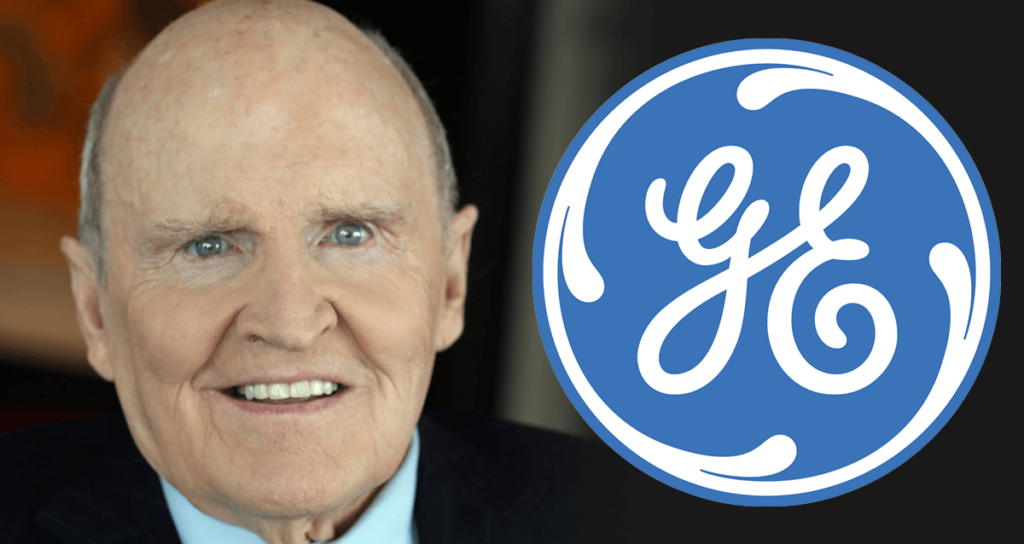“Jack was always direct, but his frankness was appealing and effective.”
Jeffrey Immelt, successor to Jack Welch as General Electric CEO
Former General Electric (GE) CEO Jack Welch died earlier this week. While this news perhaps evokes a “Who was he?” response from Millennials and Gen Z’ers, Baby Boomers know Welch as the brash “celebrity” CEO who transformed GE into a conglomerate that became the most valuable US company during the 1990s. Welch-isms included:
- Grow through acquisitions – Welch oversaw nearly 1,000 deals during his 20 years as CEO
- Eliminate lagging businesses – be a market leader or get out (“fix it, close it, or sell it”)
- Cut overhead costs – “Neutron Jack” eliminated almost 100,000 jobs in his early years
- Make Human Resources a strategic function – with serious dollars devoted to training
- Emphasize leadership development – many GE leaders went on to head other companies
- Cull employees systematically – GE used a forced ranking system (aka “rank and yank”) under which employees were graded every year vis-à-vis each other and the bottom tier was fired
When he retired, Jack received a lavish package from GE valued at some $2.5m annually. An SEC investigation followed when the specifics were made public during his divorce proceedings. These included corporate jet use, country club memberships, use of a luxury Manhattan apartment, security services, box seats at Red Sox and Yankees baseball games, box seats at Wimbledon and US Open tennis, and courtside seats to all Knicks home NBA games. My position, and I suspect both the SEC and his ex-wife’s attorney agreed, is that receiving free Knicks tickets doesn’t constitute a benefit of any kind.
We discuss in Look Out Above! how as a young professional leader you might go about creating a positive team culture. Suggestions include clarifying your team’s role and purpose, setting high standards, building trust, and letting team members be heard and participate in your decision-making process to the greatest extent possible.
To create a positive culture and get the most work done in the least amount of time, one lesson we can learn from Jack is the importance of candor (or “canda,” in his New England accent) among and between team members. Jack contends that most business people seek to avoid conflict. They want to be “nice,” and so they withhold comments, criticisms, and information. They don’t communicate straight-forwardly, and they don’t reveal what they really think or feel. Welch says it took over ten years to transform GE into a “candor culture” where people worried less about feelings and more about getting people into the conversation and making decisions faster.
As a leader, foster a culture of candor to build relationships and to achieve better outcomes, sooner. It starts with modeling by you.
Notes and Sources: Welch’s book Winning is a worthwhile read for a young professional leader. Consider adding it to your business bookshelf next to your dogeared copy of Look Out Above!


